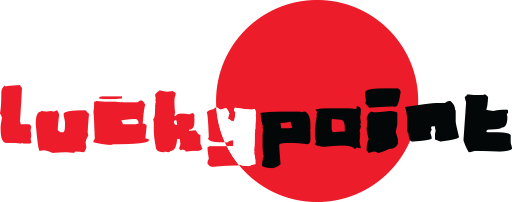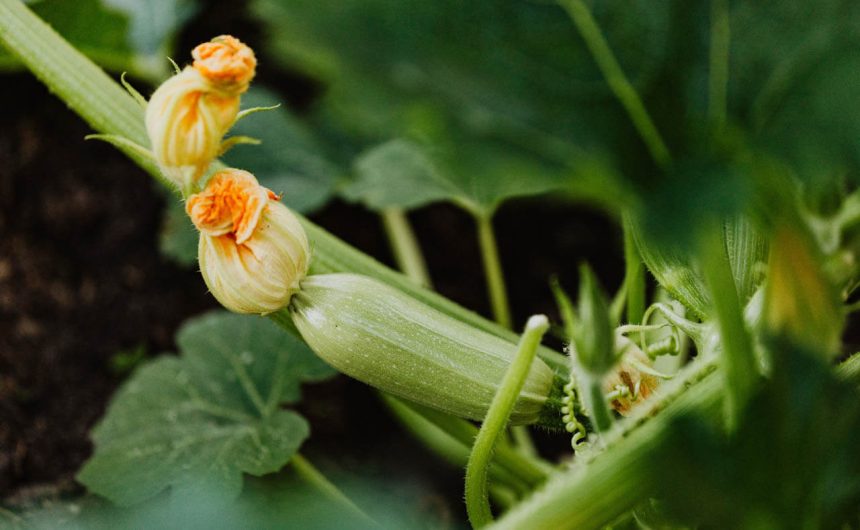Background
Situated in Bot River in the Western Cape, Lucky Point is an institution aiming to uplift the situation of children in the area.
As part of the effort to keep the children busy during non-school hours – simultaneously providing a platform where their knowledge, skills and self-image are improved – a project has been started to develop a practical, working agricultural academy.
The region around Bot River is rich in various agricultural, especially in the Fruit and Vegetable industries. A large portion of the workers on these farms are residents of or have families residing in Bot River. Hundreds of them have honed their skills in the farming practices on the local farms. Although something to be proud of they seldom get the acknowledgement from the community and even their own close families.
An Agricultural Academy that specifically target the children of these farm workers to introduce these practices to them and their friends will not only keep the children busy but will have a constructive influence on in terms of:
- building a sincere interest in the natural environment and the influence farming have on it;
- creating some knowledge about the balance in nature and the contribution that the farming of crops has on the environment: detrimental or positive;
- gaining a basic knowledge of what is achieved from their direct community with regards to creating food, wealth and skills development (for example the fresh fruit and vegetables on the shelves and wine exported);
- developing an appreciation of what their parents are doing and what they achieve every day (show the children that their parents contribute to the economy of their community and South African agriculture);
- teaching the children to grow fruit and vegetables themselves that can be prepared in the Lucky Point kitchen for their own meals, sold or processed for further income;
- developing personal responsibilities for producing and maintaining vegetable fields and fruit orchards; and
- awarding a commentative certificate to children that can later be used to gain admission to further studies.
Potential Curriculum
Courses of 1 week each consisting of 7 afternoons each in some basic vegetable and fruit production.
Course 1
Examining a potential field for production and determining why it is a good piece of land, and how it can be developed into a balanced vegetable field:
- field visits
- soil examination
- plants on the field
- climate
- microclimate
- what cultivation may be needed
- planning the layout of the field
Course 2
Cultivation of the chosen field, practical lay out and selecting which crops to grow.
Course 3 and 4
Specific production of seasonal vegetables and fruit such as onions, tomatoes, cabbage, watermelons, melons, etc.
- planting of crops
- irrigation
- fertilization
- weekly maintenance (weeding trellising etc.)
Course 5
Pest and insect management.
Course 6
Harvesting, packing, processing, and selling produce.
Needs and necessities
- Piece of land with deep, good level soil suitable for vegetable and fruit production.
- A good, sustainable, and cheap source of water.
- A simple irrigation system.
- Soil preparation implements and fuel. Borrowed?
- Fertilizer.
- Remedies.
- Packing material.
- Training facility and hostel for crash courses when needed.
- Sports ground / multi-functional.



